Podcast: Play in new window | Download (Duration: 1:47:11 — 99.0MB)
Subscribe: Apple Podcasts | Email | RSS | More
The 2012 Seattle Esoteric Book Conference panel discussion, entitled “Eastern Thought in the Western Occult World,” was recorded on Sunday, September 16, 2012. Craig Williams and Gordan Djurdjevic were the participants and the discussion was moderated by Greg Kaminsky, the host and producer of Occult of Personality podcast. In addition, this recording was made possible by two of the hosts of the Esoteric Book Conference – William Kiesel of Ouroboros Press and Catamara Rosarium of Rosarium Blends.
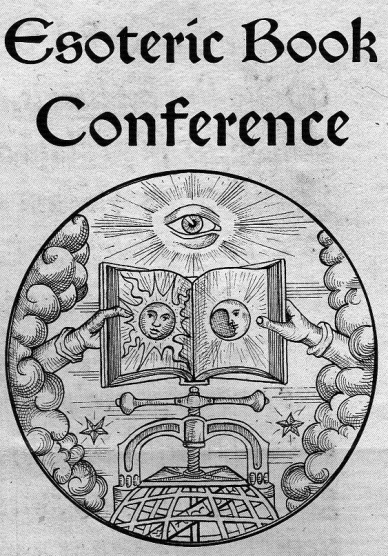
Most of the key historical figures of the Western esoteric tradition, including the Knights Templar, the mythical Brother C.R.C., Helena Blavatsky, Albert Pike, and Aleister Crowley have found both inspiration and instruction from Eastern sources. The journey to the East has always held a place of tremendous importance for those interested in esotericism and this trend continues today. Almost every practitioner and teacher of Western esotericism that I know of has very deep roots in Eastern tradition(s). Most books on the subject employ Sanskrit terms to relate ideas because readers are already more familiar with words that come from a foreign culture. What are some of the deeper implications of these facts? In this panel discussion, our intention was to examine some of the pervasive Eastern influence in Western esotericism with the hope of gaining greater understanding. It is our hope that a deeper grasp of the historical and cultural influences from the East leads to a greater appreciation of the Western esoteric tradition, inspiring further attainment and realization by its practitioners.
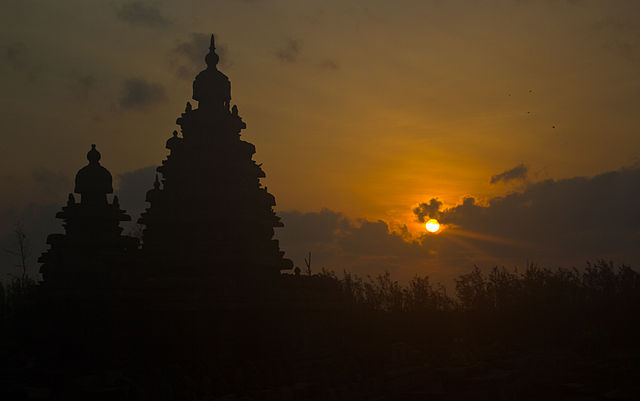
During the 90 minute discussion, the panel explored some of the manifestations of Eastern philosophies and practices that inform and enliven the Western esoteric tradition, including the allure of the exotic, Tantra and misconceptions, the influence of Helena Blavatsky and the Theosophical Society, Aleister Crowley’s syncretic approach to magick, the integration of Eastern philosophy and practice in the West, and views of attainment and accomplishment of the sages from the East versus the West.
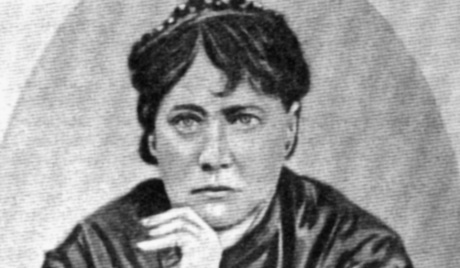
Craig Williams is a student of David Beth and an ordained Gnostic priest within the Ecclesia Gnostica Aeterna. Craig is one of the few westerners to receive the “Vedakovid” title from David Frawley and the American Institute of Vedic Studies recognizing initiatic study in Yoga, Ayurveda, Tantra, Jyotish and Vedanta. With undergraduate degrees in Religious Studies, Philosophy and English Literature and a Master’s Degree in Oriental Medicine, Craig lives in Austin, Texas where he has a private medical practice specializing in Ayurveda, Yoga, Chinese Medicine and Acupuncture. He is a licensed acupuncturist and a professional member of the American Herbalist Guild and National Ayurvedic Medical Association. His writings have appeared in a number of anthologies and journals. Most recently his article “Beyond the Paths of Frustration: Daath Gnosis” is included in the upcoming CLAVIS Journal.
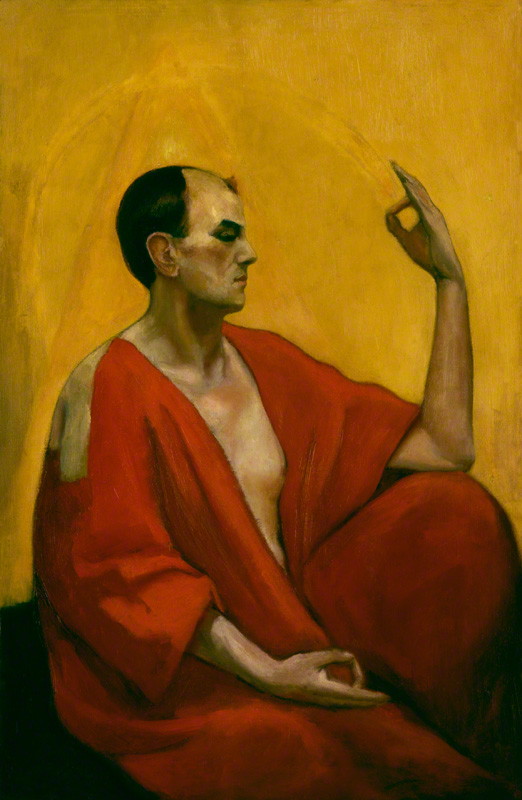
Gordan Djurdjevic holds a Ph.D. from the Department of Asian Studies at the University of British Columbia in Vancouver. He is the author of Masters of Magical Powers: The Nāth Yogis in the Light of Esoteric Notions, “The Great Beast as a Tantric Hero: The Role of Yoga and Tantra in Aleister Crowley’s Magick” published in Aleister Crowley and Western Esotericism, and the forthcoming India and the Occult: The Influence of South Asian Spirituality on 20th Century British Occultism.
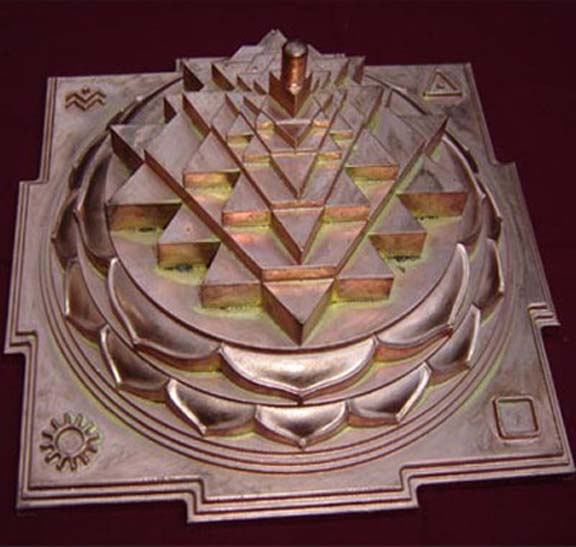
It was an honor for me to moderate this panel discussion and I’m so grateful to William Kiesel and Catamara Rosarium for the invitation, as well as Craig Williams and Gordan Djurdjevic for an educational and lively discussion. The experience and insight the two of them expressed in their responses to the questions was both illuminating and entertaining. They also articulated a significant desire for the growth and further development of Western esotericism. I feel privileged to have had the opportunity to participate. Thanks again to everyone who worked on the panel discussion and the 2012 Seattle Esoteric Book Conference! I was glad I went, and look forward to returning.
Craig Williams – Ayurveda Austin
“Return to the Cave of the Heart” by Craig Williams
Gordan Djurdjevic appeared on Thelema Coast to Coast #34 to discuss Indian tantra and its influence on Western occultism (audio file here)
Aleister Crowley and Western Esotericism, which contains “The Great Beast as a Tantric Hero: The Role of Yoga and Tantra in Aleister Crowley’s Magick” by Gordan Djurdjevic
Masters of Magical Powers: The Nāth Yogis in the Light of Esoteric Notions by Gordan Djurdjevic
Tantric Thelema by Sam Webster (see “Pagan Dharma Essays”)
Alchemy Journal Vol. 11 No. 1 – Alchemies of Asia, included an article entitled “The Alchemy and the Ecstasy” by Maja D’Aoust
“The Meditations of Allan Bennett”
Esalen: America and the Religion of No Religion by Jeffrey J. Kripal
“The Western Quest for ‘Secret Tibet’” by Harry Oldmeadow
Occult of Personality Podcast 48 – The Life and Work of Col. Henry Steel Olcott
William Kiesel of Ouroboros Press has appeared in Occult of Personality podcast episode 107 and episode 69
Rosarium Blends – Alchemical Concoctions to Enliven the Senses!
intro music by HipGnosis and Paul Avgerinos
outro music – “Kirvani” by Simone Angele and Amir Kalhor





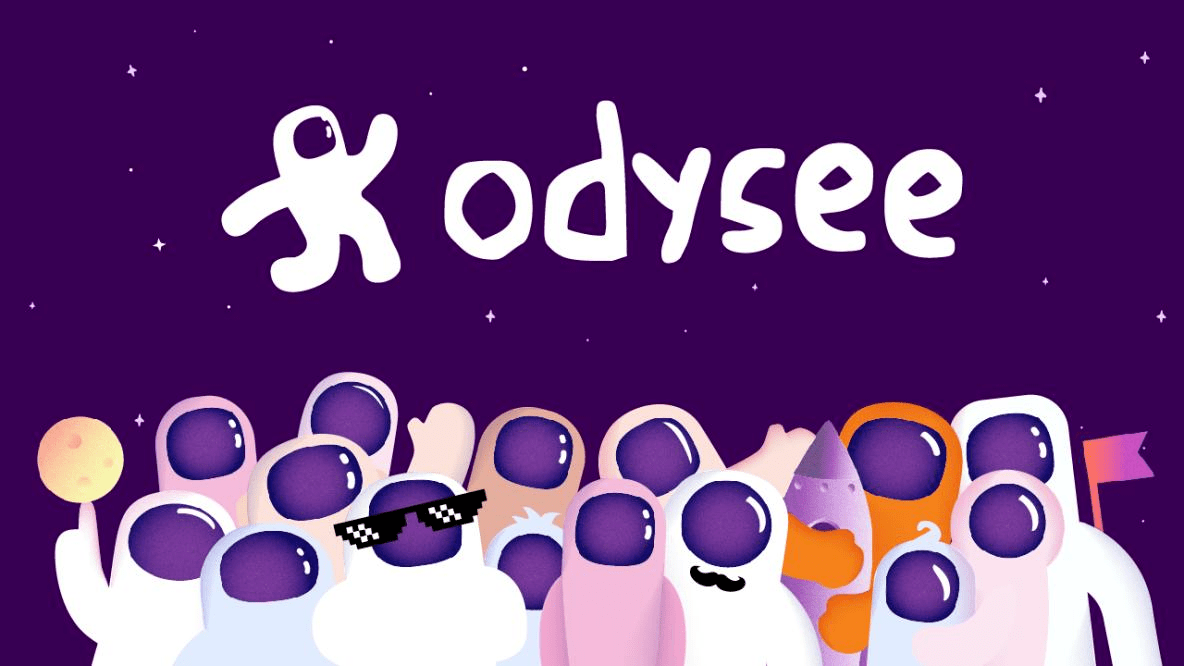

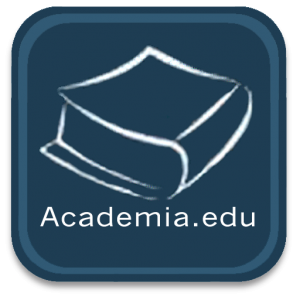
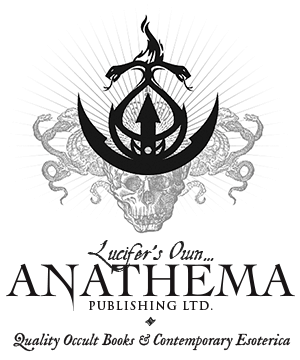




Great show!! There is so much in this one that I have to relisten to even begin to take the information in! Thank you for your time and effort in bringing quality shows on important topics as these!
You’re most welcome Mike! Thank you for listening and taking the time to comment.
I agree with you about the amount of information here. I was at the discussion and have listened to it several times during the editing process and I haven’t absorbed it all yet. We’re fortunate that Craig Williams and Gordan Djurdjevic shared their knowledge with us and for all the folks who put together the EBC who provide a venue for amazing discussions like this to occur.
Greg,
I just want to echo Mike D.’s comment – thanks so much for putting this out there for all of us. I’ve been trying to get through this episode over several commutes and I have to keep replaying things just to begin to absorb it. I really enjoyed the brief treatment of Ayurvedic medicine vs. the western allopathic approach, which dovetails nicely with a book on Antroposophic medicine I began reading recently by Jake Tan called “Healing Ourselves.” Great stuff.
I think I’m gonna have to buy some sort of eastern mystical glossary to help me out with the terminology, though. Just as I was arriving at work today I got to the part about having to produce an eternal component of ourselves or we will be obliterated back into our carbon components. What were the terms? – Moshe and K– k-something? At least it’s Friday!
Moksha and Kaivalya. It was interesting how these were brought up, because in the way they were expressed, with moksha being initially associated with things like samadhi/nirvana, a ‘merging’ with divine etc type experiences, the former makes one think of the Right Hand Path moreso and Kaivalya in many ways is synonymous with the Left Hand Path, as it is more of an individuation. I don’t think these are literally mutually exclusive in Hinduism but in their approach they can take on those two roles.
This was one of the best podcasts I heard on here, thanks Greg and others for making it happen! There was tons of great stuff to ponder, and it left me feeling like I hope there is more discussion about these topics. There was one thing I would hope would be addressed in a future similar type of discussion, and it was almost alluded to: when they were talking about the disparate systems of chakras, and how because of Blavatsky, etc it was sort of ‘standardized’ into 7.. I was hoping this would lead into how there are so many systems of the Kabbalistic tree of life, how none of them agree with each other, (which is quite frustrating for the learning occultist) and where the “standardizations” really took place… also, HOW the chakras truly match up to the sephira in the opinion of someone who has deeply studied both Eastern and Western esoteric traditions. Maybe there is another podcast or discussion on here that addresses that, I wouldn’t be surprised!
Having gone to India 8 times in my youth, I can safely say that they HAVE adopted a ton of culture from the West, just not mostly our spiritual culture. It is an interesting trade, and mostly an unfortunate one for them, the West gets a hint of their deeper understanding of spirituality, and the East gets a more capitalistic, entrepreneurial, yet quite destructive mindset in regards to resources, labor, the working individual and whatnot.
I grew up in Advaita Vedanta as my inherited spiritual tradition, and I take issue with some things said about it in the podcast, I wouldn’t necessarily describe it as “full of” esoteric practices, in fact if the Direct Path is taken, there are literally NO esoteric practices involved with it. That involves only the deep relationship with the guru, the transformation which occurs from that, whether it be his (alchemically transforming) presence or his words on Maya, illusion, fundamental nature from personal experience, an understanding of Vedic texts and previous interpretational insights of others. Other than understanding the nature of things, this crucial relationship of teacher and disciple and living your life from love, there is nothing else, no practices whatsoever. I suppose it depends on the guru, the dispensation, the timeframe of which the particular stream being studied evolved from, etc etc but it seems that Advaita Vedanta has become a ‘catch all’ phrase that might be encompassing more than it really is. That doesn’t mean some teachers from that tradition do not incorporate other currents (which involve occultism, practices, etc) of course! Just thought I would clarify that a bit.